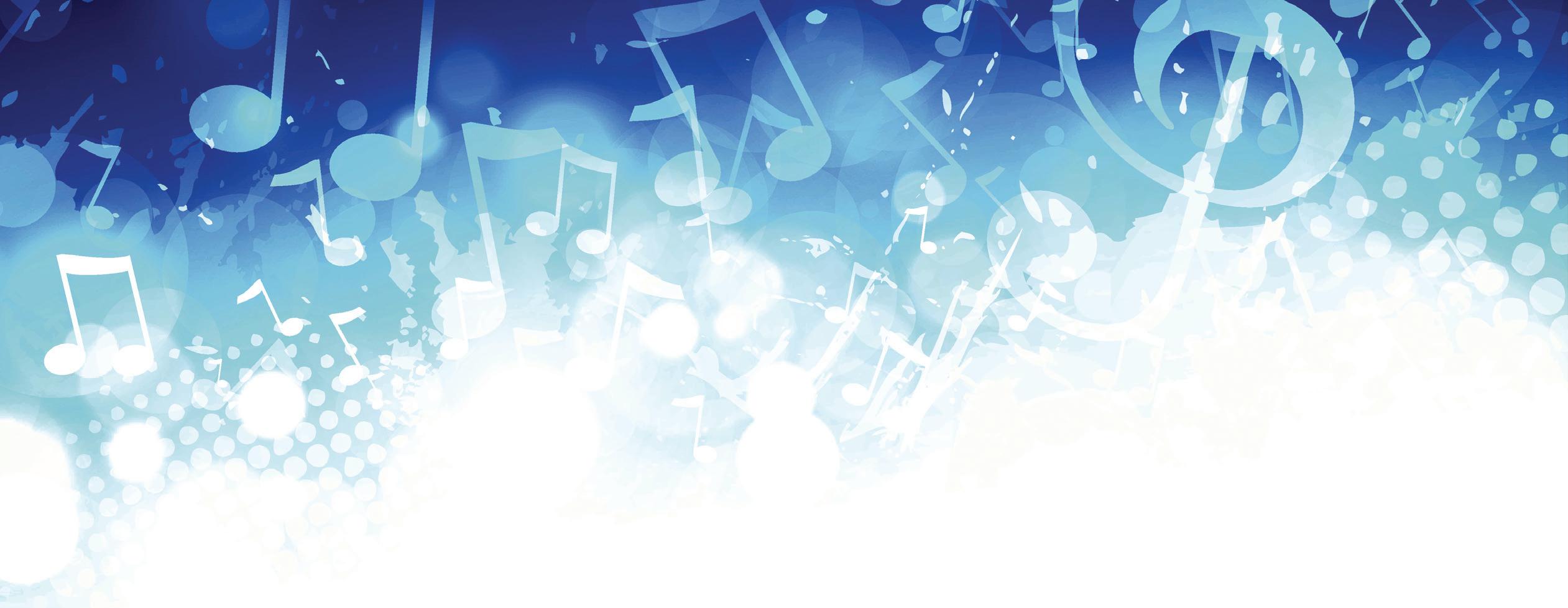
3 minute read
Have You Been Saved?
by dkcsj
“Have you been saved?” This was a not uncommon question for me to hear growing up in the South, with its large numbers of Baptist and Evangelical Christians. From roadside signs to pamphlets to direct inquiry, it was a question meant to move the hearer to the key decision of life. The question was often put to Catholics, too, as it was to me many a time, especially in college and young adulthood. For those who were not very knowledgeable of their faith or who had not taken it very seriously, it occasionally led to leaving the Church. Perhaps no one in the Catholic Church had ever talked to them about this important topic before!
I don’t hear “Have you been saved?” asked as much today as I did in my youth. That may be for one of two reasons. For one, there are many more unbelievers and agnostics today, and if one does not believe in God, then life in general is without ultimate meaning, including salvation. Second, there is the other extreme. Some assume that all, or most, will be saved by God no matter what, so it’s not worth fretting over.
But the question is a good one and raises perhaps the most important subject of life — salvation. It is a question all people, including Catholics, should consider, including the corollary questions: What does it mean to ‘be saved?’ and ‘How is one saved?’ We should pray about our salvation and that of others every day for, as

Saint Paul taught, “Christ Jesus came into the world to save sinners.” (1 Tim 1:15)
Catholics typically can answer the question this way: “Yes, I am saved, I am being saved, and I hope to be saved.” First, Christians are saved by Faith and Baptism; that is, by communion with Christ who is the one-and-only Savior of the world. (see Acts 4:12) His redemptive death and resurrection overcame the power of sin, death and the devil. But for Christ’s redemption to figure into one’s personal salvation, one must have faith and be baptized. Faith and Baptism justify the person, which in Catholic belief means that not only are our sins (original and personal sin) blotted out, but we are given a share in the divine life of the Blessed Trinity through God’s gift of grace. So, one can truly say, “I have been saved.”

And second, we are being saved. Unlike the belief of some Christians, Catholics hold that salvation is not a once-and-for-all, singular event. According to the understanding of some Christians, nothing that follows the moment one was “saved” can ever jeopardize one’s salvation — even, supposedly, abandoning one’s faith or unrepentance over the most grievous of sins. Catholics do not believe this because the Bible does not say this. Rather, Catholics believe that once a person is saved, one must persevere in a life of grace to the end of life. That is why the hour of death is the most important moment of one’s life.
To persevere in the life of grace essentially means staying in a living communion with the Blessed Trinity. The Church, the Body of Christ on earth, exists to bring about, nourish and foster this communion with God, primarily through the sacraments, especially the Holy Eucharist. All the sacraments are channels of grace to deepen or restore the life of grace in a child of God. In addition to the sacraments, one maintains communion through both believing in the saving truths (doctrinal and moral) handed on by the Church and living them out in love. Jesus vividly describes an important criterion for God’s particular judgment on our lives in Matthew 25: 35-40, i.e., how we loved or didn’t love the poor.
Importantly, salvation can be put at risk through unrepented mortal sin following Baptism. In the words of the Catechism of the Catholic Church, “Mortal sin destroys charity in the heart of man by a grave violation of God’s law; it turns man away from God, who is his ultimate end and his beatitude, by preferring an inferior good to him.” (1855) A primary purpose of the sacrament of Reconciliation is to restore the life of grace in a person who repents of mortal sin.
Third, and finally, we hope to be saved. Salvation is an act of God in which we must participate and continue choosing to the end. Life is a journey to only one of two destinations. Jesus framed it that way when he spoke of the “two ways” near the end of the Sermon on the Mount: “Enter through the narrow gate. The gate that leads to damnation is wide, the road is clear and many choose to travel it. But how narrow is the gate that leads to life, how rough the road and how few there are who find it!” (Mt 7:13-14)
As we celebrate Easter this year, across our diocese, many are being baptized, and we all have an opportunity to personally renew our own baptismal promises, reminding us of the gift of salvation. Jesus said, “I am the way, the truth and the life. No one comes to the Father except through me.” (Jn 14:6) We are people “on the way,” a family of pilgrims on the long journey to the Father’s house. Let us remain in holy communion with Jesus and keep our eyes fixed on him to the very end. Our salvation depends on it.
Members of the MACulate Conception faith community.










